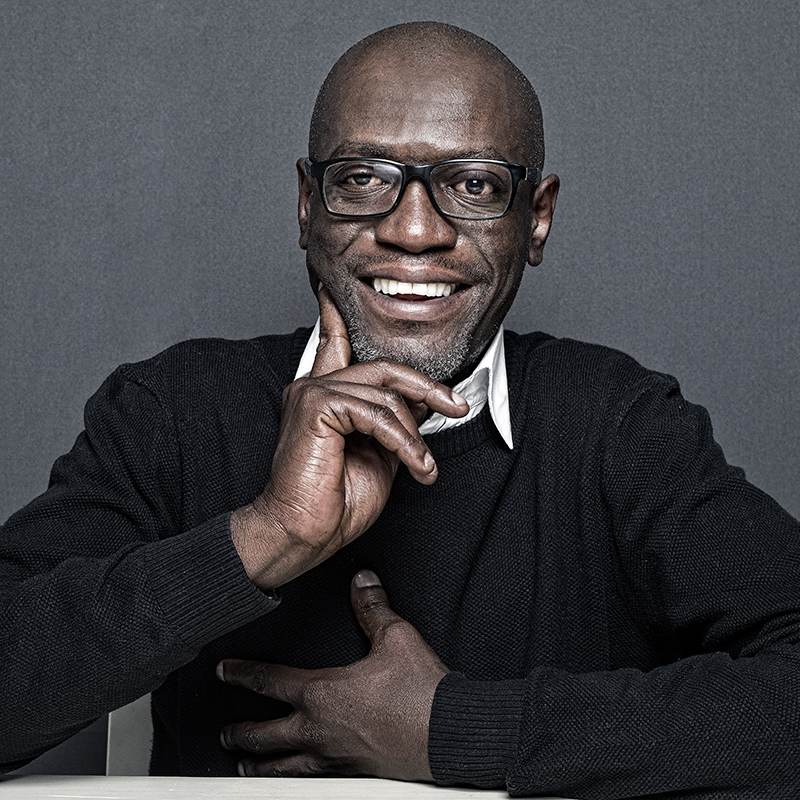MTN projects $12bn digital infrastructure spend in 6 years
Mcebisi Jonas, chairman of MTN, Africa's largest telecoms group, said companies like his will invest over $12 billion in digital infrastructure by the end of this decade (2030).
"We will need to be smart about how we source that capital and the strategic partnerships that we will build to deliver on our strategy," Jonas said.
According to Jonas, digitisation and the fourth industrial revolution (4IR) are transforming Africa's prospects, necessitating the need for reliable digital infrastructure.
In his remarks at the recently concluded CEO Forum in Rwanda, Jonas said: "Companies like MTN will need to invest approximately $12 billion up to the end of this decade (2030) in building digital infrastructure, such as radio access networks, fibre and data centres."
Furthermore, he stated that the African Development Bank expects precision agriculture and food technology to generate a $1 trillion food industry by 2030.
Similarly, Jonas stated that retail tech (e-commerce), clean and green tech, telemedicine, edu-tech, and fintech all have enormous development potential, allowing the continent to leapfrog economically.
According to Jonas, the success of these prospects is contingent on a few actions taken by policymakers, with governance improvements being top.
He said: “We are seeing some commitment to policy reforms in key markets. This includes Ghana’s commitment to restore macroeconomic stability through fiscal consolidation.
“Nigeria has ended the gasoline subsidy and shifted to a market-based foreign exchange rate, even though this has been inflationary and led to currency depreciation.”
In addition, he stated that most countries have joined the African Continental Free Trade Area and are reducing trade obstacles.
Jonas said: “Countries are shifting from old statist models and looking to strategically engage the private sector in national development.
“Many African countries, including Nigeria, have developed start-up Acts with generous tax incentives to unleash their entrepreneurship and start-up ecosystems. Some – Nigeria and Algeria – stand out; (they) have appointed successful startup founders as ministers.”
